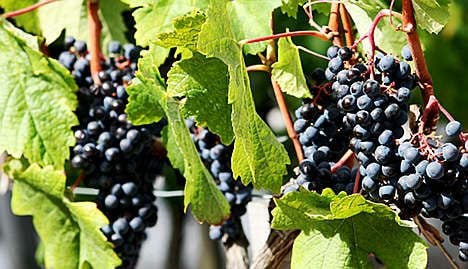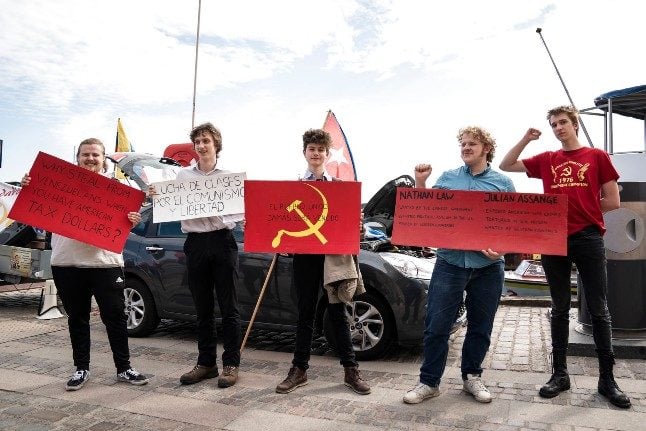A report in regional daily Sud-Ouest says that Chinese buyers are increasingly looking to own a piece of the Bordeaux region, one of France’s best-known wine areas.
China became the biggest export market for Bordeaux wines in 2010, overtaking the UK and Germany.
Earlier in 2011 the Chinese state-owned conglomerate and owner of the Great Wall wine brand, Cofco, bought a 20-hectare piece of land in the prestigious Lalande de Pomerol region.
Now private buyers are also showing an interest. The newspaper reported on Thursday that while only ten estates have been sold so far, it knew of around 15 more that are about to be added to the list.
“For two years, every real estate agent has been showing Chinese and Hong Kong people round tens of different châteaux,” one agent told the newspaper.
“Often we don’t really know who they are. The buyers might be there or they send someone else.”
When it comes to what they’re looking for, it’s not clear whether the quality of the wine or the beauty of the property is uppermost.
“It’s difficult to know their strategy as it goes in all directions, it’s complicated,” said another expert quoted by the newspaper. “They buy beautiful properties and land and a bit of the charm of France.”
“When an American buys, he’ll take on a lawyer in Bordeaux and a technician to examine the ground and the machinery … With the Chinese, it’s not like that.”
The most recent high-profile Chinese buyer is actress Zhao Wei who reportedly signed a deal to buy the Château Monlot property on Wednesday.



 Please whitelist us to continue reading.
Please whitelist us to continue reading.
Member comments